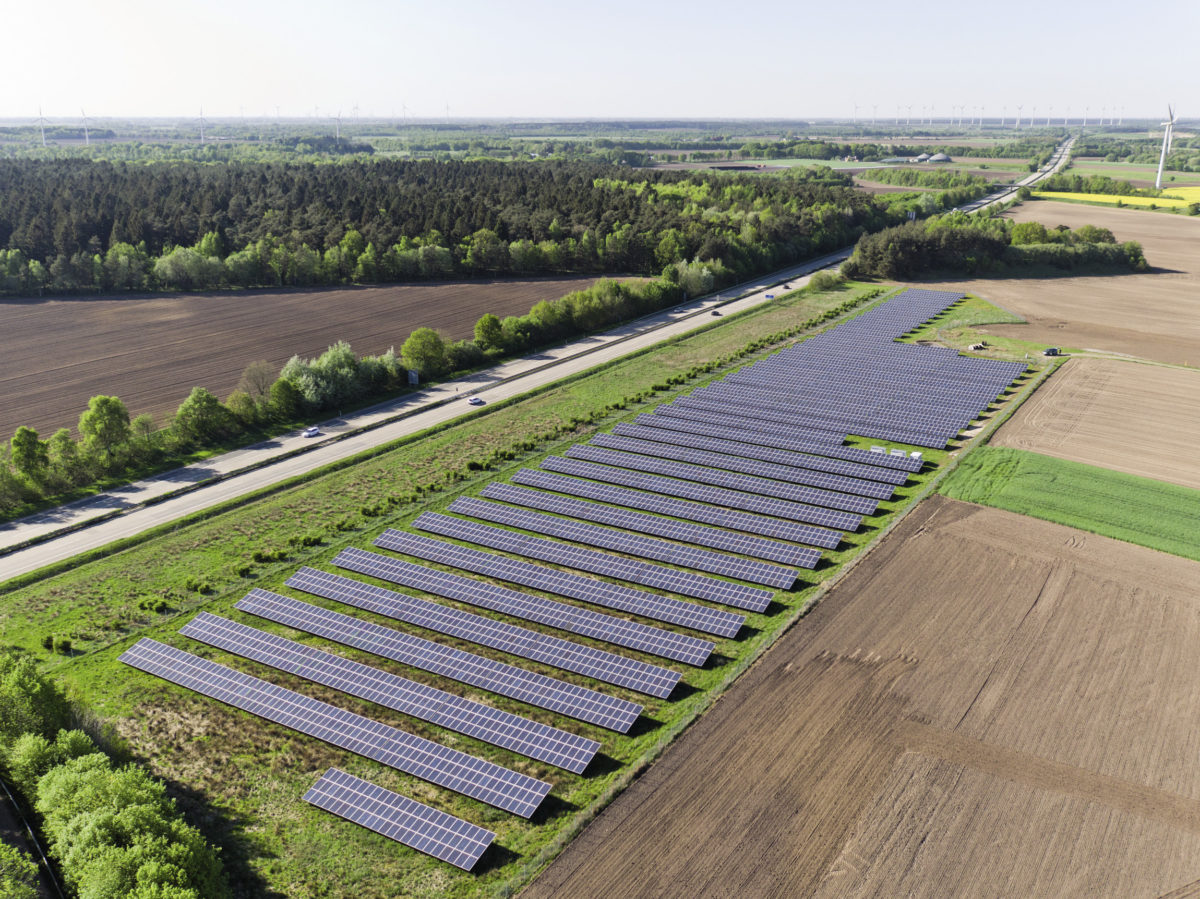From pv magazine Germany.
The triumph of solar projects in a German renewable energy tender is nothing new but the latest technology-neutral procurement round did throw up a surprise, with not one onshore wind project even among the contending bids.
German Federal Network Agency the Bundesnetzagentur reported the tender allocated 37 solar projects with a total generation capacity of 202 MW after the receipt of 103 bids which proposed 514 MW of capacity. Some 13 bids, with a total capacity of 86 MW were excluded “due to avoidable form errors” chided the Bonn-based authority.
The bids submitted proposed selling solar electricity at rates varying from €0.0488-0.0574/kWh for an average price of €0.054, less than the €0.0566/kWh average seen in the April tender, which attracted offers of €0.045-0.061. However, the latest exercise returned an higher average electricity price bid than the €0.049 recorded in Germany’s last solar-only capacity tender, held last month.
‘Fatal development’
The successful bids will lead to projects in eight states, said the Bundesnetzagentur, with 20 projects with a total generation capacity of more than 76 MW allocated to Bavaria. Five projects with a total capacity of 34 MW will be built in Rhineland-Palatinate and four adding up to 31.5 MW will be developed in Schleswig-Holstein. Two projects each were assigned to the states of Baden-Württemberg, Mecklenburg-Vorpommern and Saxony-Anhalt along with one each in Brandenburg and Hesse.
The lack of any onshore wind bids was described as “a fatal development” for Germany’s energy transition by Kerstin Andreae, chief executive of renewable energy association the BDEW.
Popular content
The sector is already facing a slowdown in deployment thanks to planned new Windausbau-Bremse – slowing down wind – legislation.
Call for action
Andreae said the success of solar in the tender pressed the case even more strongly for doubling the capacity limit applied to subsidized PV projects planned on non agricultural, non-industrial land. Under the current system, solar projects with capacities of more than 10 MW cannot receive subsidies.
The renewables organization chief also called for a reduction in the minimum size of PV projects which can be tendered and a new legal framework for prosumers – system owners who generate power for self consumption and sale to the grid.
Sunday is the deadline for a solar-only procurement round to award the second slice of 500 MW of new PV capacity allocated through ‘special tenders’ this year.
This content is protected by copyright and may not be reused. If you want to cooperate with us and would like to reuse some of our content, please contact: editors@pv-magazine.com.



Germany is so northerly that the transition calls for a balanced mix of winter wind and summer PV. Blocking onshore wind in the face of NIMBY objectors is policy cowardice.
One policy lever not apparently considered is offering MONEY. Not to landowners or cooperatives, but local governments. What they are getting today in property taxes is plainly not enough.
Diversification into renewable energy is a key to fast track economy enhacenent of any serious country across the word,the need of clean energy as alternative source of electricity is unavoidable.